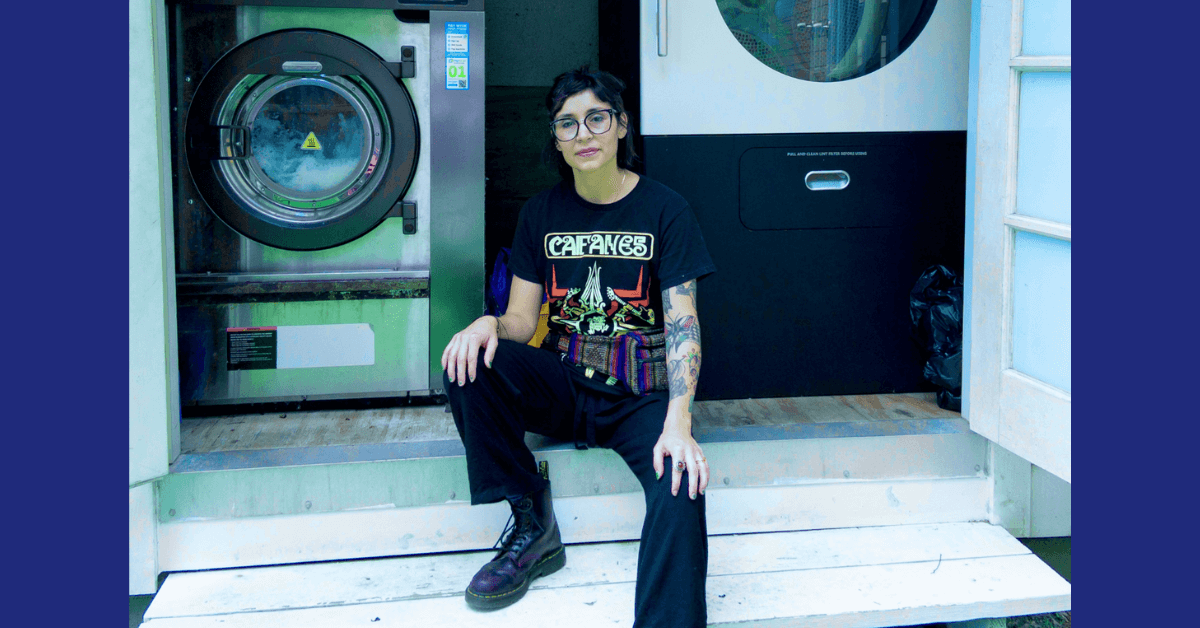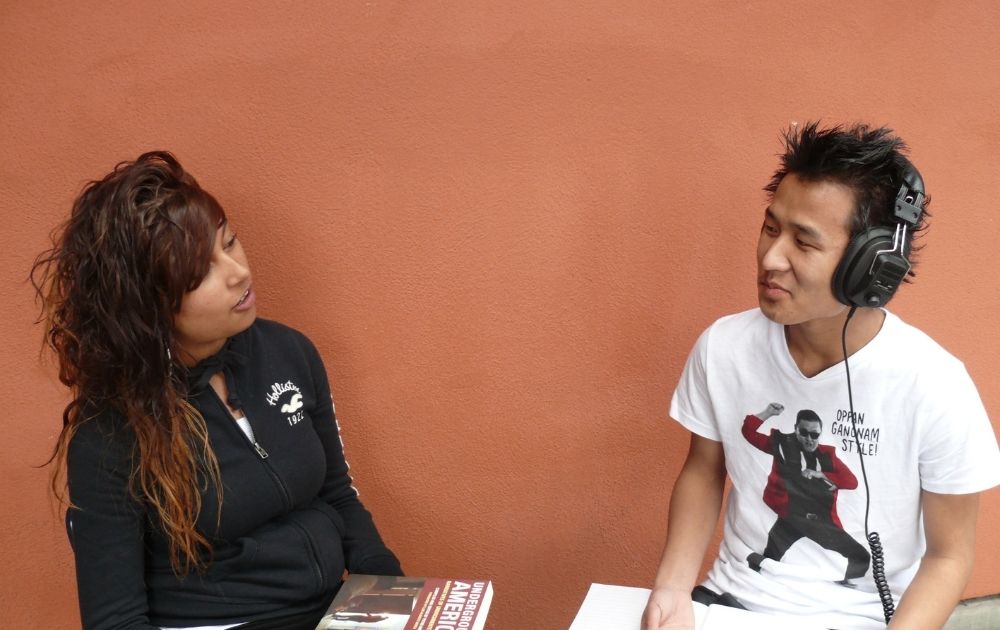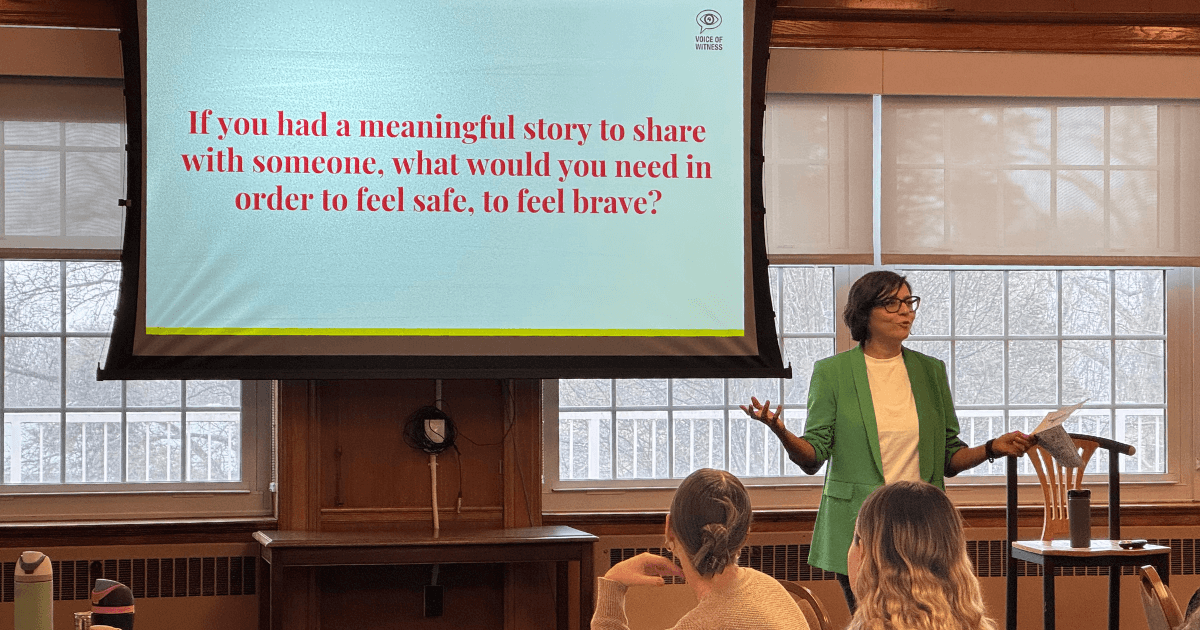Guest post by Jennifer Ward
Jennifer Ward recently completed her Doctor of Education degree at the University of San Francisco and wrote a dissertation highlighting the experiences of disabled displaced refugees. She was trained in Voice of Witness’s oral history methodology through the “Human Rights Education: Pedagogy and Praxis” course taught by Professor Susan Katz and supported by the Voice of Witness education team. Learn more about her project below.

When I first chose the topic for my dissertation, I hadn’t yet considered the methodology I would use, other than that I would use a qualitative approach. As I started writing the introduction, background, purpose, and other aspects of the beginning chapters, I clarified my goal of collaborating with Deaf and disabled refugees, versus conducting research on them. My ultimate goal was to create a space for their stories to be told in their words and on their terms, and to give primary agency to the narrators.
One of the first classes I took at the University of San Francisco in the International and Multicultural Education department focused on global human rights issues through the examination of oral history narratives. Through that class and later, on my own, I read several of the oral history anthologies published by Voice of Witness and decided that oral history would be an appropriate and unique approach for sharing the narratives and lived experiences of the participants in my study.
Chimamanda Adichie explains the dangers of a single story and warns about the risks of critical misunderstanding when we only hear a single story about a person or country. Single stories create stereotypes that are untrue and incomplete. That single story becomes the only story. The single story around disability is one of pity, brokenness, and incapability. The single story around refugees is that of fear and difference. These single stories rob people of dignity, emphasize our differences while ignoring our similarities, and cloud our recognition of humanity and equity. The ideology of ability considers disability a burden and something to be afraid of. This is echoed in the perceptions of refugees as the Other to be feared and denied a place in the community.
Disabled refugees are one of the most marginalized groups among displaced populations and are at particular risk of violence, exploitation, and abuse. Additional barriers to accessing humanitarian assistance, education, health care, and other services exist for disabled displaced people. This research project explored the narratives of the lived experiences of disabled refugees through the lenses of three theoretical frameworks: human rights, disability justice, and Critical Refugee Studies. Together these frameworks work to shift the narrative around disability and refugeehood. Stories can be used to empower and to repair broken dignity caused by a single story.
Results from this study provide insights and implications for improving the resettlement experiences of disabled refugees in both policy and practice.




